Is holding cash a good idea? 8 reasons why it’s not. If you have a long investment time frame and a steady job, you should acquire assets.
Is holding cash a good idea?
The short answer is no.
While many people believe in holding cash for emergencies, my personal belief is that holding cash is a bad idea.
However, it depends on your individual situation, investment time frame, and personal risk tolerance.
In this post, I will examine the reasons why holding cash is a bad idea.
By the end of this post, you will understand why emergency funds are overrated and how fear could be holding you back from higher investment returns.
Let’s get started.
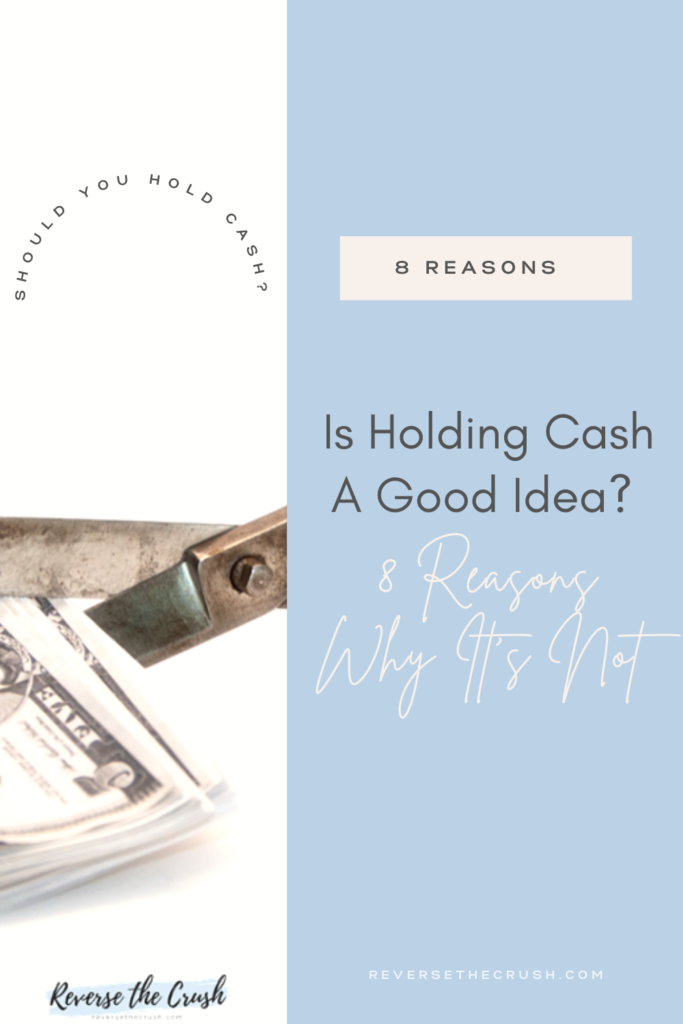
What Is Holding Cash?
Simply put, holding cash means you hold money in a bank account.
Most commonly, cash is held in a high-interest savings account to earn interest. Typically, interest is paid out monthly for keeping your cash in the account.
But cash can be held in a chequing account too. Although it will not pay interest, the benefit of holding cash in a chequing account is that the funds are accessible for spending or withdrawing.
If you want to take matters into your own hands, you could hold cash in a private safe. You just have to remember the code to unlock the safe.
Most of the time, the reason to hold cash is because it is risk-free.
Unlike stocks, holding cash means your money will not fluctuate in value. The other benefit is that banks will usually insure and guarantee cash held in a risk-free account.
Holding Cash Is A Sign Of Fear
Although holding cash is risk-free, it also means you forfeit higher returns.
Essentially, a person will hold cash because they think the market will fall, or because they don’t know what else to invest it in.
To put it bluntly, people hold cash out of fear.
Because they have no conviction to invest the funds, they would rather hold cash. To take it a step further, they listen to negative news or they are not entrepreneurial. Sometimes they believe they can time the market.
On the bright side, holding cash means you won’t lose money. Your money is usually protected by the bank. And you don’t have to deal with market fluctuations.
However, the downside is you won’t make any extra money on your money. You will never benefit from compound interest.
To make money, you need to take risk.
There has never been a great investor or entrepreneur in the history of society that avoided risk to make a fortune.
So, this leads back to the question:
Is holding cash a good idea?
Is Holding Cash A Good Idea?
No, holding cash is not a good idea.
The following reasons are why I think holding cash is a bad idea:
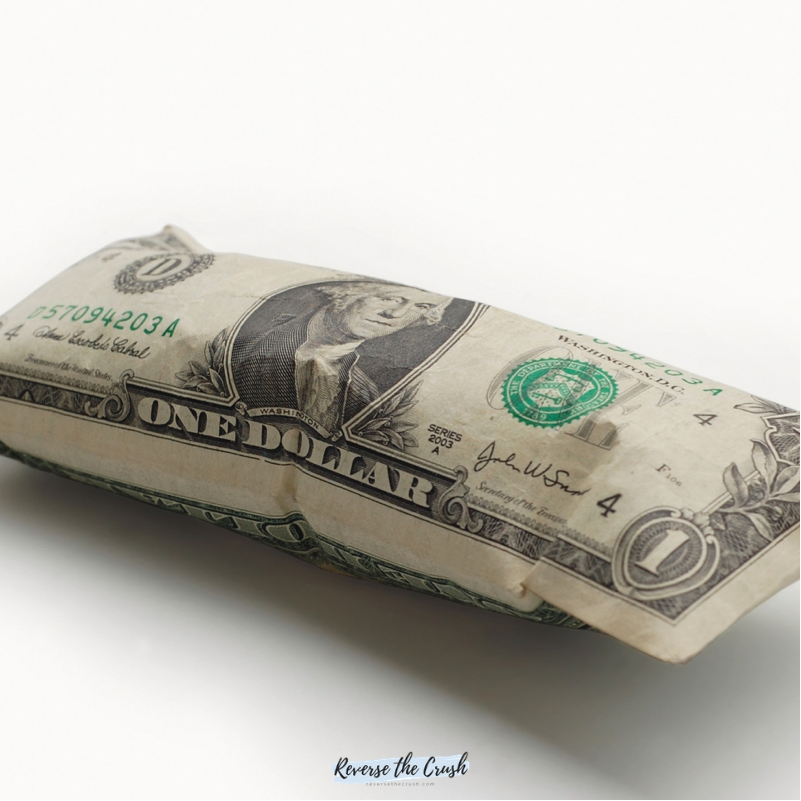
Inflation
Inflation is defined as the decline of purchasing power over a given period of time.
The rate of inflation varies from year to year and is expressed as a percentage.
To estimate the decline of purchasing power, economists use the average increase in price of a select basket of goods or services in the economy over a period of time.
As the average price of the basket of goods increases, currency has less buying power.
Essentially, most economists agree that inflation occurs when the money supply outpaces economic growth. This can happen when governments print too much money or run large spending deficits.
Because of Covid-19, the economy had to shut down and most governments had to provide financial stimuli. This is the perfect scenario for inflation to thrive.
In fact, some experts believe we could be headed for the most rapid inflationary period in 40 years.
In extreme cases, such as what has happened in Venezuela, countries can experience hyperinflation. If you are unfamiliar with the situation, Venezuela has fallen into poverty because the rate of inflation surpassed 900,000% in 2018. Their currency has become worthless because it lost its buying power.
Inflation Erodes The Buying Power Of Cash
Even if you hold cash in a high-interest savings account, the rate of interest will be lower than other assets.
For example, let’s say you have $10,000 set aside and you intend to buy a house. If you keep that money in cash, the house is likely increasing in value faster than the rate of your cash.
As such, the only way to save enough cash to buy your house is to save more cash by working more or making more.
Another example is groceries. When inflation affects prices in an economy, corporations will generally pass the inflation on to consumers by raising prices, changing packaging, or by providing less for the same price.
Inflation is the reason why groceries cost more on a yearly basis. It’s also probably why Apple iPhones cost more every year.
Because corporations have to pay more for goods and services, to continue to profit, they have to raise prices or find other ways to increase profits.
In the end, it’s the consumer that pays for it.
The consumer’s hard-earned money has less buying power because inflation erodes cash.
You Might Be Better Off Spending Cash Before It Loses Its Value
If I wasn’t a seeking financial independence, I would be inclined to just spend all cash that comes in.
To put it bluntly, spending your money might be the best way to get the most value from it.
Unless you invest cash in other assets, your current income has the most buying power it will ever have.
If you hold cash for a year, it will buy less groceries than it does right now.
It’s the same for any other products or services you want.
For this reason, it might make more sense to buy things in bulk and stock up on products rather than hold cash.
Furthermore, you might as well just buy what you want right now, if you can comfortably afford it. Because in one year’s time, it will be more expensive.
Cash Has A Negative Return In Low Interest Rate Environments
When interest rates are low, the price of assets increases in value.
This is mostly because low interest rates make buying houses and larger purchases more affordable. Also, because investors move money out of risk-free assets in search of higher returns.
If interest rates were above even 5%, it almost wouldn’t be worth the risk of investing in stocks.
But when interest rates are low, savings accounts, GICs, and other risk-free investments pay next to nothing.
If your savings account earns a low rate of interest and the economy is in an inflationary environment, this means your cash has a negative return.
Emergency Funds Are Overrated
Most of us in the personal finance community are familiar with emergency funds.
For those that are not familiar, an emergency fund is an amount of money you set aside for emergencies. Typically, people set aside three to six months’ worth of expenses in case there is an emergency.
Personally, I think emergency funds are overrated.
If you are a saver that invests in liquid assets, technically, you already have an emergency fund.
You can literally just withdraw from your investments if needed.
Additionally, if you save money and manage your financial situation properly, you will already have other ways to access money if an emergency occurs.
For example, I have a credit line or credit card if an emergency occurs. If I manage those correctly, I will have access to funds.
Of course, there are some situations where an emergency fund is a good idea. If you are trying to start a business and it fails, it’s nice to have backup funds. Or maybe if you have an old house that requires frequent maintenance, you don’t want to go into debt every time you need to fix something. Perhaps you have a large family and are more comfortable knowing you are prepared. Moreover, maybe the country you live in does not provide healthcare. Those are all valid reasons to maintain an emergency fund.
But if you are a debt-free person with $100,000 in investments, I don’t see how an emergency fund helps you. Frankly, investing the emergency fund could pay you an emergency fund yearly.
Related post by Eat Sleep Breathe FI: You Don’t Need An Emergency Fund (You Need An Emergency Plan)
Opportunity Cost
One of the main reasons I don’t like holding cash is opportunity cost.
Recently, I made an even split between cash and Bitcoin when it was around $33,000 USD.
Over the next few weeks, I watched Bitcoin rise by more than 40% while my cash did absolutely nothing.
By leaving money in cash, I am missing out on opportunities to own assets that increase in value.
Timing The Market Is Not A Good Reason To Hold Cash
Of course, you could argue that not having cash is how you miss opportunities.
If you don’t have cash available for a stock market correction, you might not be able to invest.
However, there are other ways to be prepared for stock buying opportunities.
If you are an experienced investor, you can be prepared by using margin to buy stocks. You will be able to borrow against the value of your own stocks to make purchases.
If you are a dividend income investor, you will have monthly or quarterly dividends coming in that you can use to reinvest in stocks.
Alternatively, you can dollar cost average into stocks with savings from your job. If you have a job and you can afford to save, you will still be able to buy stocks when the market corrects.
In regards to timing the market, it’s impossible to time the market perfectly.
I mean, you might get lucky a few times. But you are competing with too many economic factors and professionals.
Ultimately, time in the market is better than trying to time the market.
Your Cash Could Be An Income Stream That Pays More Cash
Dividend investing is my main investment strategy.
One of the main reasons I am a dividend investor is to build my own income stream.
After a few years of saving money and investing it into dividend stocks, I receive dividend income every month that I can invest back into the market.
If I invest in dividend stocks for long enough, eventually I will be earning hundreds or thousands of dollars that I can invest every single month.
For example, $100,000 invested in dividend stocks with an average yield of 5% will pay $5,000 annually.
This works out to $416 per month.
Situations When Holding Cash Is a Good Idea
In some cases, emergency funds or holding cash does make sense.
As I mentioned before, sometimes it’s good to have an emergency fund. If you are starting a business, if you don’t have a stable job, if you have an old house, or if you have a big family, emergency funds can be useful.
The other factors depend on your investment time frame, risk tolerance, or your plans for the money.
If you are saving for a house and plan to buy it within two years, then it’s probably best to hold cash and not invest. The market could correct and two years is not enough time for the value to recover.
On the other hand, if you are planning to buy a house in five years or more, it is probably better to not hold it in cash because your money will lose its value. Plus five years is enough time for the market to recover.
So, the decision to hold cash depends on what you are saving for and your investment time frame.
Otherwise, it’s not really a topic that should be up for debate. It’s a math calculation and there is only one right answer.
If you have a long investment time frame, your money is better in almost any other quality asset besides cash.
I’m Scared To Hold Cash Right Now
As a young adult with a long investment timeframe, I am actually scared to hold cash right now.
Considering that we are in unprecedented times, money-printing is at an all-time high.
The U.S. Federal Reserve created around $3 trillion and pumped it into the economy last year.
In other words, almost one-fifth or 20% of U.S. dollars were created in 2020…
If you recall what I mentioned about inflation, economists theorize inflation occurs when the money supply increases faster than economic growth.
Based on government shutdowns and an increase in the money supply, that is exactly what happened. There is no way the economy expanded faster than 20%.
And this why we are starting to see corporations move treasury assets into Bitcoin. Tesla and Microstrategy both moved some or all of their balance sheets into Bitcoin.
They realized that cash will have less buying power and that they have fiduciary duty to make the best decisions for shareholders.
Frankly, the boards behind these decisions are probably smarter than you and I.
Since I have a steady job that pays cash every two weeks, low expenses, and because I have multiple income streams that generate cash monthly, I don’t believe I need to hold cash.
Besides, if I ever want to reach financial independence, holding cash is not the way I’m going to get there.
In turn, I have literally become afraid to hold cash because it’s doing nothing for me.
I just don’t see how holding a stable asset like Fortis is not a better idea. By being open to more risk, I can earn 3 to 4% annually plus growth. Also, Fortis has increased its dividend for 47 consectutive years. The only tradeoff that I see is a small amount of volatility.
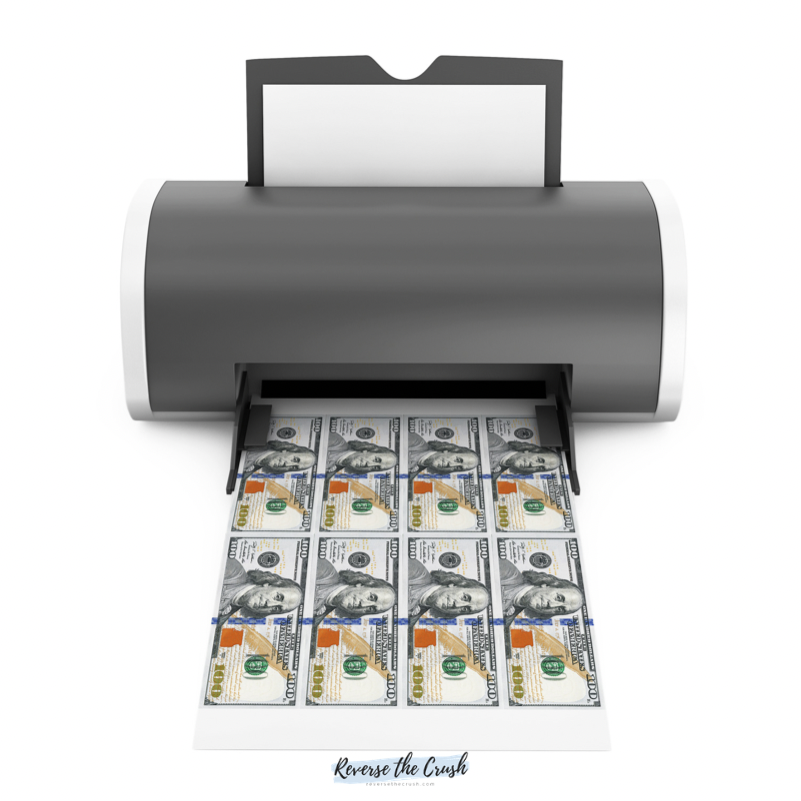
Is Holding Cash A Good Idea? – Final Thoughts
So, is holding cash a good idea?
No.
Due to inflation and a low interest rate environment, it is my personal opinion that holding cash is a bad idea.
In fact, I think holding cash is downright scary. Why keep something that will have less buying power in one year if it doesn’t even pay a decent interest rate?
Of course, there are some situations that make sense to hold cash. If you don’t have job security, if you are saving for a house and expect to buy in two years or less, if you are starting a business, if you have an old house, or if you have a large family, holding cash will help you feel more conformable.
But if you are a young person with a long investment timeframe, holding cash is terrifying.
Related Posts
Should Dividend Investors Use Margin?
Income Streams: The 11 Best Income Streams For Financial Independence
I am not a licensed investment or tax adviser. All opinions are my own. This post may contain advertisements by Monumetric. This post may also contain internal links, affiliate links to BizBudding, Amazon, Bluehost, and Questrade, links to trusted external sites, and links to RTC social media accounts.
Connect with RTC
Twitter: @Reversethecrush
Pinterest: @reversethecrushblog
Instagram: @reversethecrush_
Facebook: @reversethecrushblog
Email: graham@reversethecrush.com
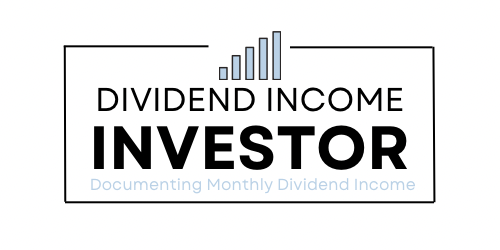
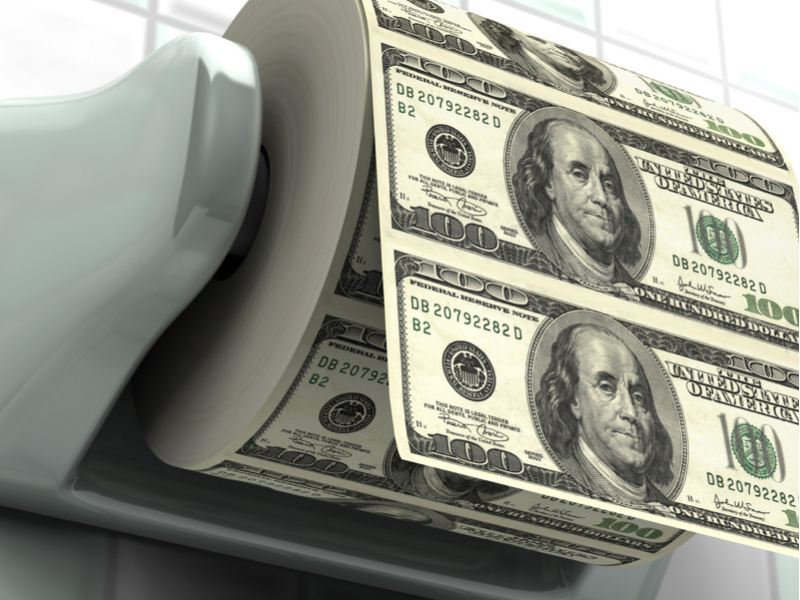
 How To Build Wealth From Nothing (No Financial Help From Parents)
How To Build Wealth From Nothing (No Financial Help From Parents)
